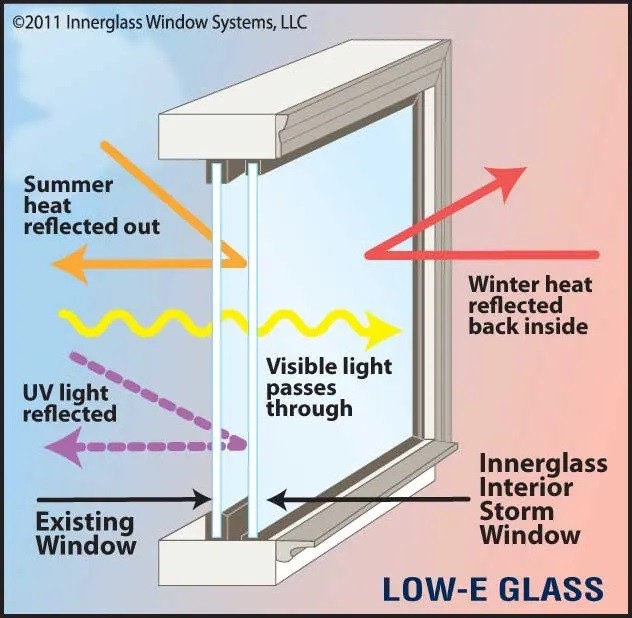
Double-paned windows are said to save energy, save money, and add to a home’s value, but we did some investigation and put their reputation to the test.
Energy loss attributed to windows accounts for nearly 25 percent of the annual heating and cooling costs for the average American home, according to the Department of Energy. Fortunately, there are steps you can take as a homeowner to drastically lower that statistic, including installing double-paned windows and utilizing other energy-efficient window technologies.
The Pros
From lowering your environmental footprint to insulating your home against outside noise, it’s hard to find reasons you shouldn’t consider energy-efficient windows, but here are some pros for the product:
- Double-paned Windows Save Money: Steve Poitz, a member of the Canadian Window Standards Subcommittee and an engineer who specializes in energy-efficient windows, states that even a clear glass, double-paned vinyl or wood-framed window can reduce energy usage by up to 24 percent in cold climates during the winter, and by up to 18 percent in hot climates during the summer, when compared to older, single-pane models.
- Adding Other Technologies Saves Even More: There are a lot of products that go into a good double-pane window. You can expect energy savings of anywhere from 30 to 50 percent, depending on whether you choose average energy-efficient windows or top of the line models.
- Double-paned Windows and the Environment: Reduced energy use doesn’t just mean you save money, it also means you’re burning less fossil fuel and creating fewer greenhouse gas emissions.
- Double-paned Windows Insulate Your Home from Noise: Double-paned windows significantly reduce outdoor noise pollution. Double-paned windows can be a valuable investment in the peace and quiet department, especially in busy urban areas.
The Cons
There really isn’t a downside to double-paned windows as a product. There are, however, issues related to window quality and installation that can reduce, or negate, the energy savings you are aiming to receive.
- Can’t Buy Just One: Replacing individual windows rather than upgrading entire homes or floors will not yield intended energy savings. Old windows will still leak air even if you install one double-paned one. Desired energy savings will likely result in purchasing many windows at a time.
- Quality Matters: From failed seals to improperly spaced glass, poorly manufactured windows, or windows that fail, can negate energy savings and even lead to other problems, such as condensation developing between the panes. Quality is key, and it usually comes at a higher price.
The Costs
Expect to pay about $600 for a reasonable, middle-of-the-road window, and about $850 for the best the industry has to offer. Given the pros, it’s wise to focus on possible savings than initial cost.
Original Article